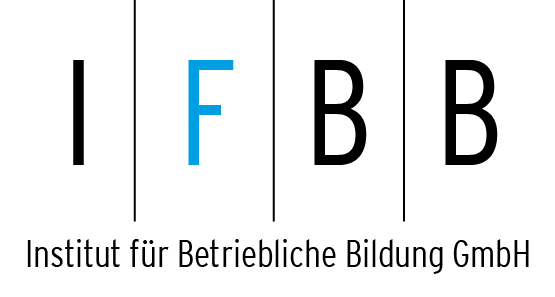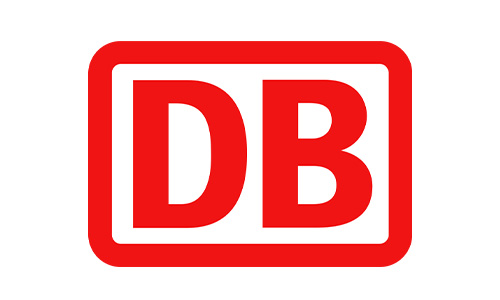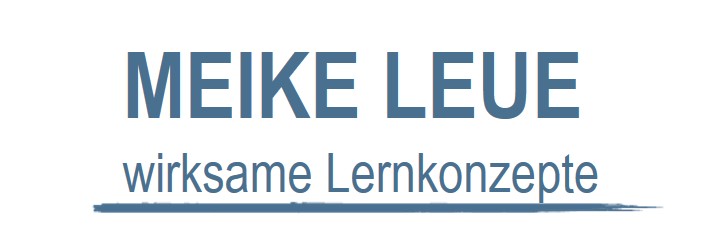
Recommendations for action and implementation concepts for the continuing education society

Germany, with its traditional and highly developed dual training system, was long considered a training society. With the end of the classic industrial age, the restructuring of organizations, digitalization and lifelong learning, the training society is being transformed into a continuing education society. The focus here is on the expansion of in-company continuing education with steadily increasing participation in continuing education by employees and companies.
MORE100+ scientists and experts develop recommendations for action for corporate education-work.
As part of the Think Tank, the IFBB has set up 10 working groups whose primary task is to develop practice-relevant recommendations for action for strategic education management in companies through the interaction of science and practice. The think tanks are interdisciplinary and combine the expertise and experience of 100 scientists, company representatives and inter-company experts.
| Working group | Topic | |
|---|---|---|
| Working group 0 | META working group | The META working group (META-AK) accompanies the work of the working groups and sees itself as the central contact for all AK members. It provides the central structures for the working group activities, such as a digital home and meeting and filing structures. In addition, the META-AK develops prototypical building blocks, such as a use case, which supports the work of the AKs during the term. Frank SiepmannIFBB – Institut für Betriebliche Bildung
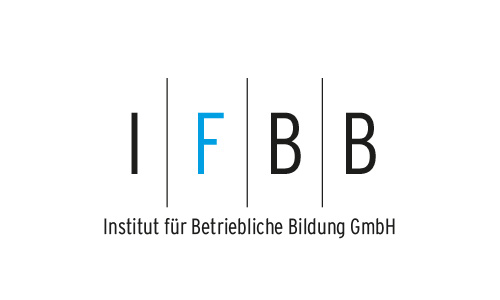 Prof. Dr. Peter DehnbostelTU Dortmund
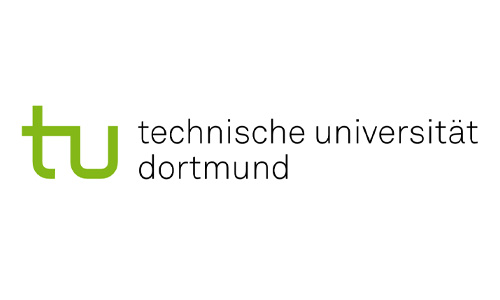 Max U. GisslerGissler Learning AG
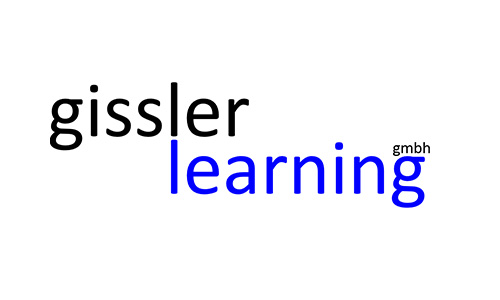 Dr. Kai LiebertMünchener Bildungsforum (MBF)
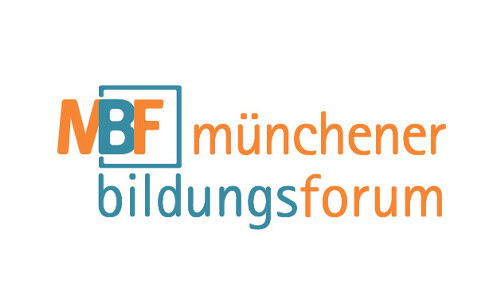 Dr. Jens KohneIFBB – Institut für Betriebliche Bildung
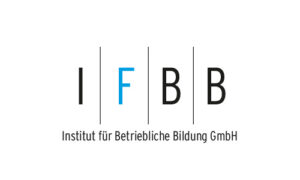 Mathias FleigIFBB – Institut für Betriebliche Bildung
 |
| Working group I | Learning culture | A learning culture always exists, completely independent of whether companies are aware of it or not. At the same time, the learning culture has a relevant influence on corporate training. Against this background, the working group will develop a recommendation for action with the help of which companies can analyze, evaluate and purposefully adapt their learning culture. Susanne KollmeierSEEPEX GmbH
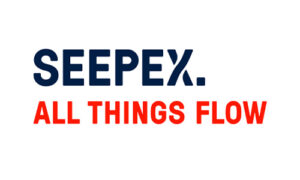 Willi StockRetired
Anna-Lena MathieuKnauf
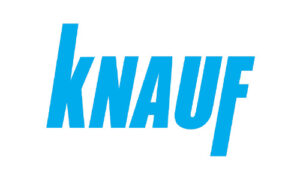 Carina Ebli-KorbelAnton Paar GmbH
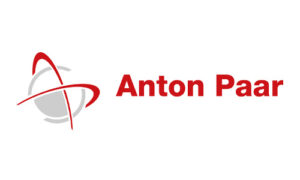 Prof. Dr. Anja SchmitzHochschule Pforzheim
 Olaf DierkerTeleLearn-Akademie GmbH
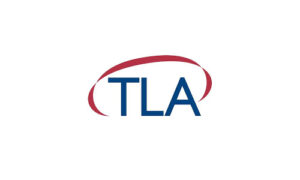 Dr. Christoph MeierScil Institut / scil
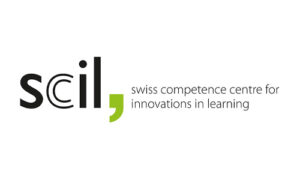 Prof. Dr. Axel KochHochschule für angewandtes Management
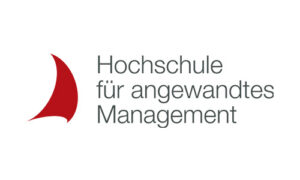 Sabine Prohaskaseminar consult prohaska
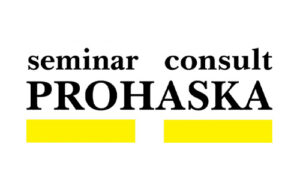 Yannick WalterUnion Investment
 Katharina HausRWE
Carolin Graf-SailerTALENTeers
 |
| Working group II | Stakeholder management | After a stakeholder analysis, the integration of the identified stakeholders and their interests has a decisive influence on the success or failure of corporate training and development projects. The working group will therefore develop a recommendation for action that will serve as a guide for structured stakeholder management. Elisabeth Schulze-JägleEschuja
 Thorsten Junk Evonik Industries AG
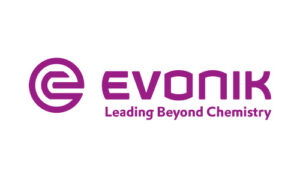 Michael EhrenbergerSAP Deutschland SE & Co. KG
 David BurgwinkelSyna GmbH
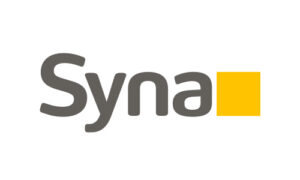 Uwe Jek IBM
 Ludwig StroblRohde & Schwarz
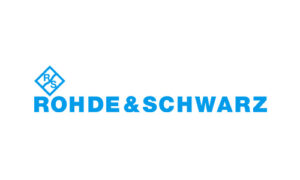 Martina WittRohde & Schwarz
 Prof. Dr. Michael DickOVG University Magdeburg
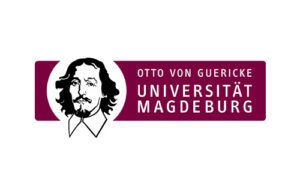 Dr. Nathalie WeisenburgerOVG-University Magdeburg
 Mario PatuzziDGB Bundesvorstand
 Jasmin Hamadehp-didaktik GmbH
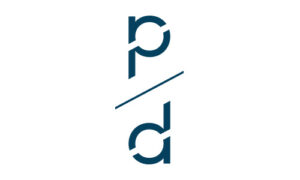 Dr. Ute LeberIAB – Institut für Arbeitsmarkt und Berufsforschung der Bundesagentur für Arbeit
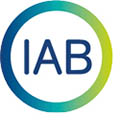 Dr. Regina FlakeInstitut der deutschen Wirtschaft
Maximilian MühlhausenZEISS Group
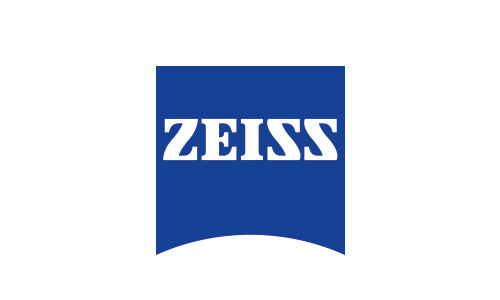 Jan FoelsingDevelopment Enthusiast
|
| Working group III | Competence management | In an age of shortages of skilled workers and demographic change, the management of employee competencies will be a key competitive factor for companies. The working group will therefore develop a practice-oriented recommendation for action with decisive aspects for the successful implementation and further development of strategic competence management. Volker NürnbergHR Business Transparency Consulting
 Tino RothDeutsche Bahn
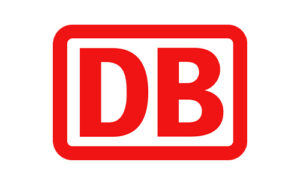 Mia Wolf-AdolphGebr. Becker GmbH
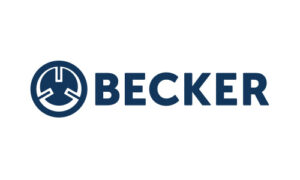 Karin Kießlingd&b audiotechnik
 Prof. Dr. Werner SauterBlended Solutions GmbH
 Prof. Dr. Thomas BartscherDeggendorf University of Applied Sciences
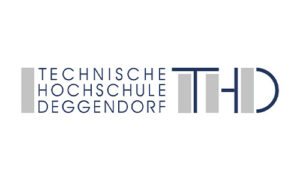 Dr. Philipp V. Ramini40 – the future skills company
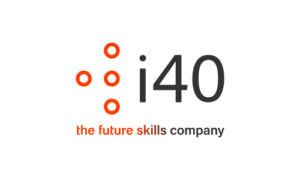 Sonja KrönungEUROGROUP CONSULTING Deutschland
 Dr. Evelyn Schmidt-Meergans IBBF - Institut für Betriebliche Bildungsforschung
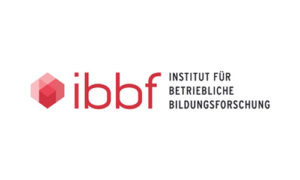 Frank VankerkomIKK classic
 Anne Koarki40 – the future skills company
 |
| Working group IV | Collaborative learning and working | In the discussion of "Future Skills", collaboration is regularly counted among the most important interdisciplinary skills for the future. Collaboration generally means the joint development of an idea, a problem solution, or a task, ideally resulting in new solutions, products or insights. In the working group, a recommendation for action will be developed that will enable companies to successfully enter this future topic. Dr. Daniel Stoller-SchaiCollaboration Design
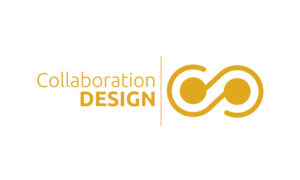 Dr. Regina KrammerLoesche GmbH
 Florian BüttnerHUK-Coburg
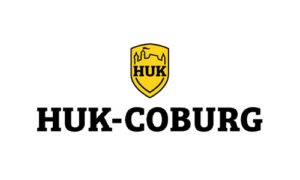 Hans ZebingerUNIQA
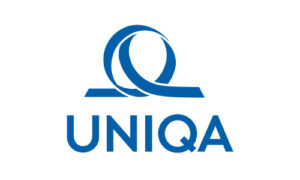 Thomas KüllNORDMETALL Verband der Metall- und Elektroindustrie e.V.
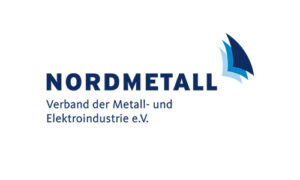 Dr. Götz Richter baua: Bundesanstalt für Arbeitsschutz und Arbeitsmedizin
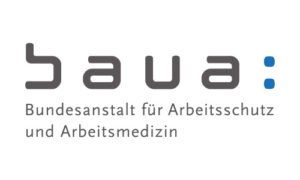 Prof. Dr. Lars WindelbandKarlsruher Institut für Technologie (KIT)
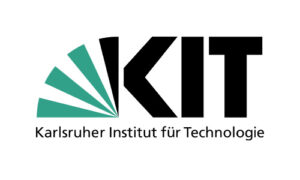 Prof. Dr. Jutta RumpInstitut für Beschäftigung und Employability IBE
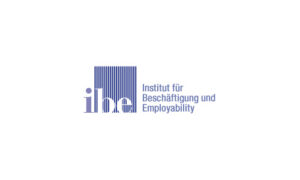 Franziska SchleuterMaibornWolff GmbH
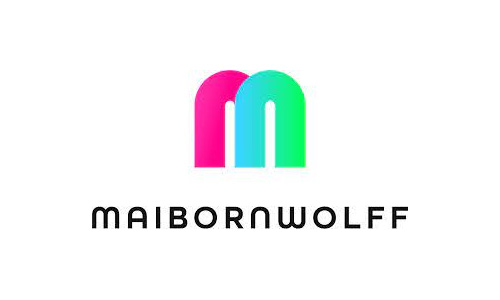 Prof. Dr. Fritz BöhleISF München e.V.
|
| Working group V | eDidactics | The common didactic concepts used in companies all too often still stem from the days of classic face-to-face training, supplemented by conventional eLearning. With the digital transformation of recent years, an understanding of corporate training is now developing that places employees more at the center. The eDidactics working group analyzes this field of action and will develop a concrete recommendation for action. Prof. Dr. Matthias BallodMartin-Luther-Universität Halle-Wittenberg
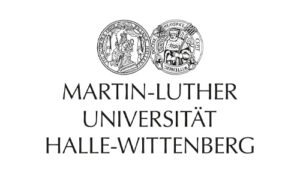 Alexandra PattermannDeichmann GmbH
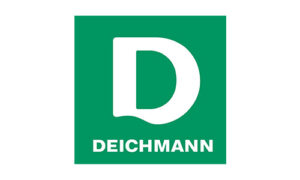 Dr. Jürgen SammetDr. Sammet & Wolf
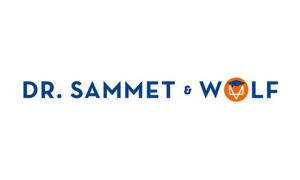 Yvo WüestEducation Minds GmbH
Prof. Dr. Christian Stamov RoßnagelJacobs University
 |
| Working group VI | Artificial Intelligence | Artificial intelligence is a mega-trend that also promises innovative solutions for corporate education, such as personalized learning recommendations, digital learning guides or more automation in administration. But what can AI actually achieve in corporate education today? The working group will take a critical look at the future topic and will develop a recommendation for action for the successful and strategic implementation of AI in education and training. Dr. Lutz MartenIBM Deutschland GmbH
 Dr. Matthias ReuterSiemens AG
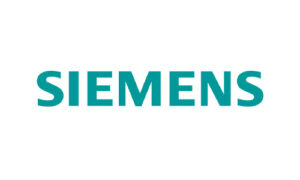 Julia Rickd&b audiotechnik GmbH & Co. KG
 Prof. Dr. Henning KlaffkeBerufliche Hochschule Hamburg
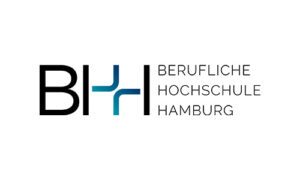 Björn SchulzBeuth Verlag GmbH

Dr. Peter BrandtDIE
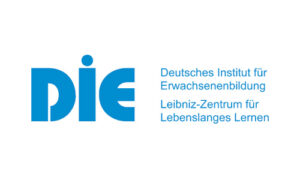 Dr. Jens KohneIFBB – Institut für Betriebliche Bildung
 Dajana PrellwitzErich Netzsch GmbH & Co. Holding KG
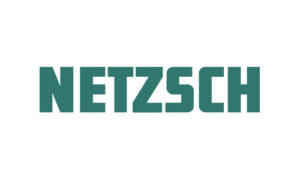 Prof. Dr. Martin KröllRuhr University Bochum
 |
| Working group VII | Competence development of educational personnel | The Corona pandemic has contributed to a significant acceleration of the digital transformation of corporate education, and companies are more than ever faced with the challenge of building appropriate in-house competencies for digital learning. But what competencies does training staff actually need to be fit for the future? The working group will provide an answer to this question as part of a recommendation for action on how companies can support the skill development of their training staff in a targeted manner. Dr. Jochen RobesRobes Consulting
Darmstadt University of Applied Sciences
Weiterbildungsblog
Michael FallySPAR Österreichische Warenhandels-AG
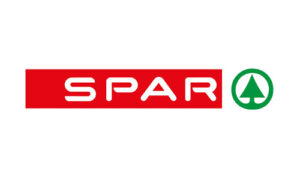 Jan FoelsingDevelopment Enthusiast
Dr. Michael Steinhöfel IBBF - Institut für Betriebliche Bildungsforschung
 Sünne EichlerSteinbeis Institut
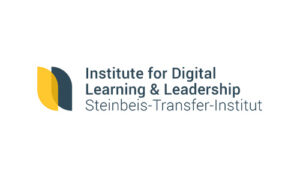 Dr. Claas TriebelKompetenzenbilanz
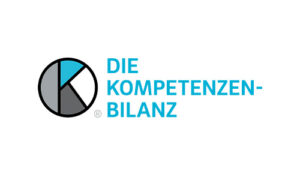 Prof. Dr. Andreas DiettrichUniversity of Rostock
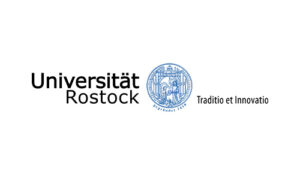 Prof. Dr. Uwe ElsholzFernUniversität Hagen
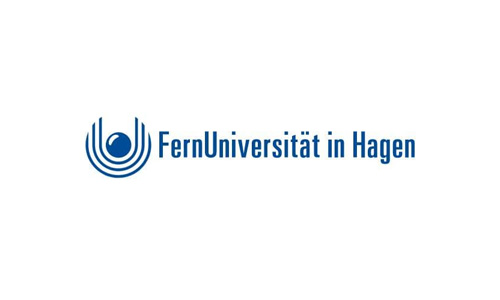 Sascha WingenAltano Gruppe GmbH
|
| Working group VIII | Extended Reality | Virtual reality, augmented reality, mixed reality and metaverse are still comparatively new methods for in-company training, and it is not always clear how the various approaches differ in concrete terms and what added value they actually offer. In practice, there is often a lack of didactic concepts that work. The working group is therefore developing a recommendation for action that can help company training with xR to create concrete added value for companies and their employees. Sandra Mareike LangExpert for digitalization & didactics
 Tobias LadewigWürth
 Daniela MartuscielloTRUMPF
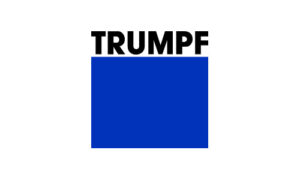 Marbod Lemke Stihl
 Volker Kunze eos GmbH
 Udo Sonne Universitätsklinikum Heidelberg
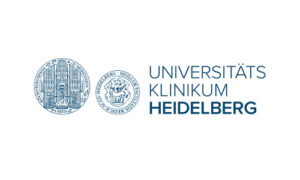 Torsten FellInstitute for Immersive Learning
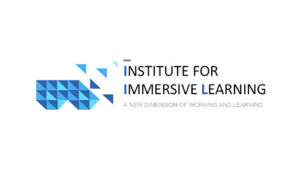 George StreitICT-Berufsbildung Schweiz
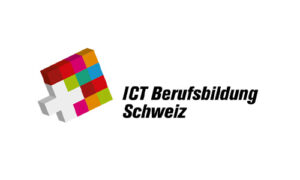 Prof. Fabrizio Palmasstraightlabs GmbH & Co. KG
 |
| Working group IX | Blended Learning | The combination of presence and eLearning as blended learning has always been the ideal approach in digital learning, which is partly due to the fact that the approach is very flexible thanks to a vast choice of method options and combination possibilities. The working group will therefore provide guidance in the form of a recommendation for action and point out interrelationships in order to support companies in designing blended learning courses that are suitable for them. Dr. Katja BettCorporate Learning & Change GmbH
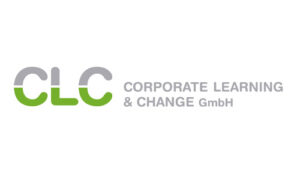 Dr. Jörg-Alexander BoyCompart AG
 Heike BetteFresenius Kabi Deutschland GmbH
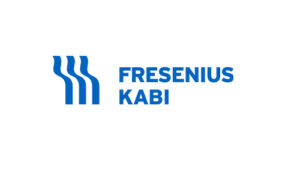 Matthias Brockerhoffmedic-Con. GmbH
 Prof. Dr. Johannes MoskaliukISM Stuttgart
 Prof. Dr. Verena GernerHochschule Ansbach – University of Applied Sciences
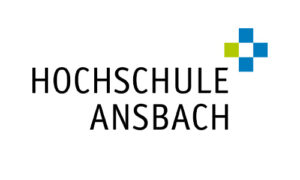 Prof. Dr. Jörg ZumbachUniversity of Salzburg
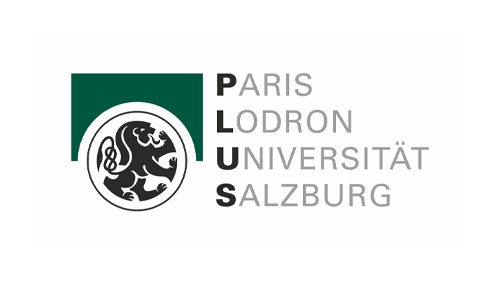 Prof. Dr. Philipp GononUniversity of Zurich
 |
| Working group X | Team learning | In the modern world of work, learning and working in teams is becoming increasingly important, because individual development is no longer sufficient due to the current and future challenges of new, complex, dynamic and chaotic situations. Against this background, team development must become a focus of corporate education in the future. The working group will therefore develop a recommendation for action that will help companies to develop teams as a whole in a targeted manner in order to improve joint working and learning. Patrick EglmaierPUMA Group
 Polly IvanovaPUMA Group
 Dr. Therese RosemannHelmut-Schmidt-Universität Hamburg
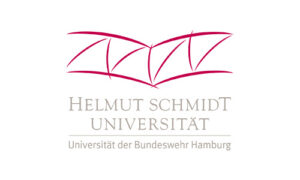 Mathias FleigInnovationszentrum für Industrie 4.0
 Nadia EggmannDie Schweizerische Post AG
 |
| Working group | Topic | |
|---|---|---|
| Working group 0 | META working group | The META working group (META-AK) accompanies the work of the working groups and sees itself as the central contact for all AK members. It provides the central structures for the working group activities, such as a digital home and meeting and filing structures. In addition, the META-AK develops prototypical building blocks, such as a use case, which supports the work of the AKs during the term. Frank SiepmannIFBB – Institut für Betriebliche Bildung
 Prof. Dr. Peter DehnbostelTU Dortmund
 Max U. GisslerGissler Learning AG
 Dr. Kai LiebertMünchener Bildungsforum (MBF)
 Dr. Jens KohneIFBB – Institut für Betriebliche Bildung
 Mathias FleigIFBB – Institut für Betriebliche Bildung
 |
| Working group I | Learning culture | A learning culture always exists, completely independent of whether companies are aware of it or not. At the same time, the learning culture has a relevant influence on corporate training. Against this background, the working group will develop a recommendation for action with the help of which companies can analyze, evaluate and purposefully adapt their learning culture. Susanne KollmeierSEEPEX GmbH
 Willi StockRetired
Anna-Lena MathieuKnauf
 Carina Ebli-KorbelAnton Paar GmbH
 Prof. Dr. Anja SchmitzHochschule Pforzheim
 Olaf DierkerTeleLearn-Akademie GmbH
 Dr. Christoph MeierScil Institut / scil
 Prof. Dr. Axel KochHochschule für angewandtes Management
 Sabine Prohaskaseminar consult prohaska
 Yannick WalterUnion Investment
 Katharina HausRWE
Carolin Graf-SailerTALENTeers
 |
| Working group II | Stakeholder management | After a stakeholder analysis, the integration of the identified stakeholders and their interests has a decisive influence on the success or failure of corporate training and development projects. The working group will therefore develop a recommendation for action that will serve as a guide for structured stakeholder management. Elisabeth Schulze-JägleEschuja
 Thorsten Junk Evonik Industries AG
 Michael EhrenbergerSAP Deutschland SE & Co. KG
 David BurgwinkelSyna GmbH
 Uwe Jek IBM
 Ludwig StroblRohde & Schwarz
 Martina WittRohde & Schwarz
 Prof. Dr. Michael DickOVG University Magdeburg
 Dr. Nathalie WeisenburgerOVG-University Magdeburg
 Mario PatuzziDGB Bundesvorstand
 Jasmin Hamadehp-didaktik GmbH
 Dr. Ute LeberIAB – Institut für Arbeitsmarkt und Berufsforschung der Bundesagentur für Arbeit
 Dr. Regina FlakeInstitut der deutschen Wirtschaft
Maximilian MühlhausenZEISS Group
 Jan FoelsingDevelopment Enthusiast
|
| Working group III | Competence management | In an age of shortages of skilled workers and demographic change, the management of employee competencies will be a key competitive factor for companies. The working group will therefore develop a practice-oriented recommendation for action with decisive aspects for the successful implementation and further development of strategic competence management. Volker NürnbergHR Business Transparency Consulting
 Tino RothDeutsche Bahn
 Mia Wolf-AdolphGebr. Becker GmbH
 Karin Kießlingd&b audiotechnik
 Prof. Dr. Werner SauterBlended Solutions GmbH
 Prof. Dr. Thomas BartscherDeggendorf University of Applied Sciences
 Dr. Philipp V. Ramini40 – the future skills company
 Sonja KrönungEUROGROUP CONSULTING Deutschland
 Dr. Evelyn Schmidt-Meergans IBBF - Institut für Betriebliche Bildungsforschung
 Frank VankerkomIKK classic
 Anne Koarki40 – the future skills company
 |
| Working group IV | Collaborative learning and working | In the discussion of "Future Skills", collaboration is regularly counted among the most important interdisciplinary skills for the future. Collaboration generally means the joint development of an idea, a problem solution, or a task, ideally resulting in new solutions, products or insights. In the working group, a recommendation for action will be developed that will enable companies to successfully enter this future topic. Dr. Daniel Stoller-SchaiCollaboration Design
 Dr. Regina KrammerLoesche GmbH
 Florian BüttnerHUK-Coburg
 Hans ZebingerUNIQA
 Thomas KüllNORDMETALL Verband der Metall- und Elektroindustrie e.V.
 Dr. Götz Richter baua: Bundesanstalt für Arbeitsschutz und Arbeitsmedizin
 Prof. Dr. Lars WindelbandKarlsruher Institut für Technologie (KIT)
 Prof. Dr. Jutta RumpInstitut für Beschäftigung und Employability IBE
 Franziska SchleuterMaibornWolff GmbH
 Prof. Dr. Fritz BöhleISF München e.V.
|
| Working group V | eDidactics | The common didactic concepts used in companies all too often still stem from the days of classic face-to-face training, supplemented by conventional eLearning. With the digital transformation of recent years, an understanding of corporate training is now developing that places employees more at the center. The eDidactics working group analyzes this field of action and will develop a concrete recommendation for action. Prof. Dr. Matthias BallodMartin-Luther-Universität Halle-Wittenberg
 Alexandra PattermannDeichmann GmbH
 Dr. Jürgen SammetDr. Sammet & Wolf
 Yvo WüestEducation Minds GmbH
Prof. Dr. Christian Stamov RoßnagelJacobs University
 |
| Working group VI | Artificial Intelligence | Artificial intelligence is a mega-trend that also promises innovative solutions for corporate education, such as personalized learning recommendations, digital learning guides or more automation in administration. But what can AI actually achieve in corporate education today? The working group will take a critical look at the future topic and will develop a recommendation for action for the successful and strategic implementation of AI in education and training. Dr. Lutz MartenIBM Deutschland GmbH
 Dr. Matthias ReuterSiemens AG
 Julia Rickd&b audiotechnik GmbH & Co. KG
 Prof. Dr. Henning KlaffkeBerufliche Hochschule Hamburg
 Björn SchulzBeuth Verlag GmbH

Dr. Peter BrandtDIE
 Dr. Jens KohneIFBB – Institut für Betriebliche Bildung
 Dajana PrellwitzErich Netzsch GmbH & Co. Holding KG
 Prof. Dr. Martin KröllRuhr University Bochum
 |
| Working group VII | Competence development of educational personnel | The Corona pandemic has contributed to a significant acceleration of the digital transformation of corporate education, and companies are more than ever faced with the challenge of building appropriate in-house competencies for digital learning. But what competencies does training staff actually need to be fit for the future? The working group will provide an answer to this question as part of a recommendation for action on how companies can support the skill development of their training staff in a targeted manner. Dr. Jochen RobesRobes Consulting
Darmstadt University of Applied Sciences
Weiterbildungsblog
Michael FallySPAR Österreichische Warenhandels-AG
 Jan FoelsingDevelopment Enthusiast
Dr. Michael Steinhöfel IBBF - Institut für Betriebliche Bildungsforschung
 Sünne EichlerSteinbeis Institut
 Dr. Claas TriebelKompetenzenbilanz
 Prof. Dr. Andreas DiettrichUniversity of Rostock
 Prof. Dr. Uwe ElsholzFernUniversität Hagen
 Sascha WingenAltano Gruppe GmbH
|
| Working group VIII | Virtual Reality | Virtual Reality, Augmented Reality, Mixed Reality or Metaverse are still comparatively new methods for in-company training and it is not always clear how the various approaches differ in concrete terms and what added value they actually offer. In practice, there is often a lack of didactic concepts that work. The working group will therefore develop a recommendation for action which will help in-company training with VR can create concrete added value for companies and their employees. Sandra Mareike LangExpert for digitalization & didactics
 Tobias LadewigWürth
 Daniela MartuscielloTRUMPF
 Marbod Lemke Stihl
 Volker Kunze eos GmbH
 Udo Sonne Universitätsklinikum Heidelberg
 Torsten FellInstitute for Immersive Learning
 George StreitICT-Berufsbildung Schweiz
 Prof. Fabrizio Palmasstraightlabs GmbH & Co. KG
 |
| Working group IX | Blended Learning | The combination of presence and eLearning as blended learning has always been the ideal approach in digital learning, which is partly due to the fact that the approach is very flexible thanks to a vast choice of method options and combination possibilities. The working group will therefore provide guidance in the form of a recommendation for action and point out interrelationships in order to support companies in designing blended learning courses that are suitable for them. Dr. Katja BettCorporate Learning & Change GmbH
 Dr. Jörg-Alexander BoyCompart AG
 Heike BetteFresenius Kabi Deutschland GmbH
 Matthias Brockerhoffmedic-Con. GmbH
 Prof. Dr. Johannes MoskaliukISM Stuttgart
 Prof. Dr. Verena GernerHochschule Ansbach – University of Applied Sciences
 Prof. Dr. Jörg ZumbachUniversity of Salzburg
 Prof. Dr. Philipp GononUniversity of Zurich
 |
| Working group X | Team learning | In the modern world of work, learning and working in teams is becoming increasingly important, because individual development is no longer sufficient due to the current and future challenges of new, complex, dynamic and chaotic situations. Against this background, team development must become a focus of corporate education in the future. The working group will therefore develop a recommendation for action that will help companies to develop teams as a whole in a targeted manner in order to improve joint working and learning. Patrick EglmaierPUMA Group
 Polly IvanovaPUMA Group
 Dr. Therese RosemannHelmut-Schmidt-Universität Hamburg
 Mathias FleigInnovationszentrum für Industrie 4.0
 Nadia EggmannDie Schweizerische Post AG
 |

